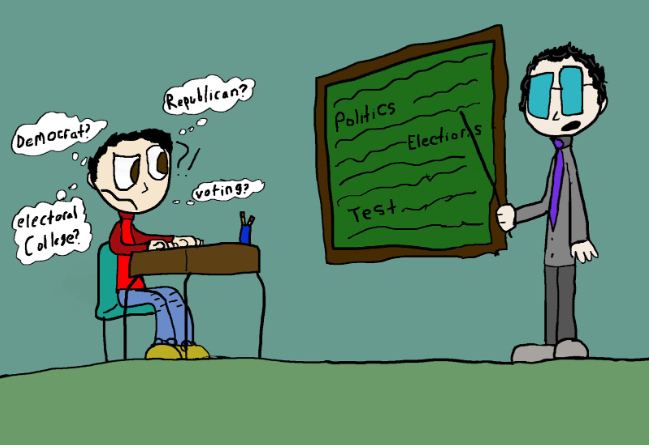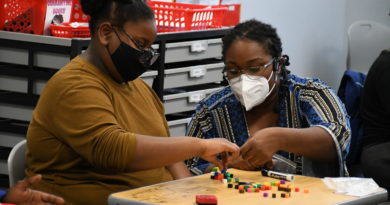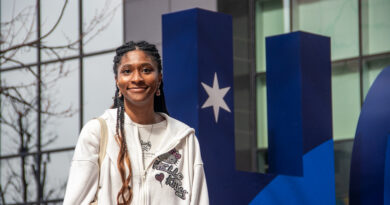A confusing landscape: Cedar students are left with questions concerning current politics
Cedar Shoals senior Mason Hardy will be able to vote for the first time in the 2024 elections next November, along with other current seniors throughout the country after they turn 18. He hopes for a smoother experience than 2020.
“I hope that we have a less insane election this year. I hope that if there’s a transfer of power, I hope it’s a peaceful one,” Hardy said.
Trying to make sense of the current political landscape can be challenging, given the unprecedented nature of some of the events and people. It is not normal for a major candidate to be facing criminal charges, for example.
“Truthfully, the fact that the situation is occurring is surreal. It’s surreal that we have people acting so insanely,” Hardy said.
According to PBS, youth votership between the ages of 18-23 was historically higher than other years during the 2022 midterm elections, reaching 23% youth turnout nationally. While not breaking the record set by the 2018 midterms when it reached 28%, this number continues a trend of increasing youth participation since the 2014 midterms, when it reached only a 13% youth turnout nationally.
Youth may be voting more often, but they are also voting for candidates more than four times their age. The last two presidents we have had have been over 70 years old, and the average age of the U.S. Senate in 2023 is 64 years old. Hardy hopes those numbers trend downward in the future.
“To put it bluntly, we need to have a younger president. We should not have a bulk of Congress made up of elderly people, because they typically do not share the same views, and if they make policies that suck it’s not going to affect them for as long as it’s going to affect younger people,” Hardy said.
Teachers share a responsibility to help students make sense of current events with politics and government. Tommy Houseman, social studies department, teaches AP US Government and Politics. This year he is incorporating more information about current events into classroom activities to help students understand the changing world of politics.
“This year, I have started assigning students a weekly current events assignment that requires them to read news articles related to government and politics and contextualize them in terms of what we are learning about in class,” Houseman said.
Teachers have opinions on certain topics involving politics as well, but they must find a way to make sure everyone feels welcomed and comfortable in the school environment.
“I like to play devils advocate and I want my most conservative and most liberal student to feel equally welcome and valued. This is important to me because I myself hold opinions that are very conservative on some issues and very liberal on others,” Houseman said.
However, Houseman says that at this point early in the year, students still have not asked many questions about current events or about his own personal opinions. He anticipates that will change.
“Not at this point in the year. We are still in Unit 1 which is really focused on the events and philosophical foundations of American Democracy. As we move forward, I anticipate there will be more questions about our current political environment. I’m always receptive to questions and discussions about current political events so long as they are asked and debated in a respectful way and are related to a topic or topics we are studying,” Houseman said.




